On April 1, Prime Minister Pham Minh Chinh issued a Directive requiring the strengthening of measures to prevent and combat heat waves, drought, water shortages, and saltwater intrusion.
The directive stated that due to the influence of El Nino, since the beginning of the year, rainfall in many regions across the country has been lacking, high temperatures, prolonged heat, drought, water shortages, and saltwater intrusion have occurred in some localities, especially in the Mekong Delta and the Central and Central Highlands regions.
According to forecasts by specialized agencies under the Ministry of Natural Resources and Environment and the Ministry of Agriculture and Rural Development, in the coming time, the average temperature will tend to be higher than the average of many years, especially in the summer; heat waves are likely to continue to appear more frequently and more severely than the average of many years; the flood season in the North is unlikely to come early, the flow to large reservoirs on the Da River may be 30-40% lower than the average of many years; there is a risk of continued heat waves, drought, water shortage, and saltwater intrusion, especially in the Central and Southern regions.
Do not let people lack water for daily use
To limit damage to production and business, affecting people's lives, the Prime Minister requested the Chairmen of the People's Committees of provinces and cities, especially those in the Central region and the Mekong Delta, to direct local authorities to: Closely monitor developments and forecasts on weather, meteorology, hydrology, water resources, and saltwater intrusion; inventory and grasp information on water resources in the area to update plans and strategies for preventing and combating heat waves, droughts, water shortages, and saltwater intrusion in the locality in accordance with water source scenarios. Organize propaganda and instruct people to proactively and flexibly store fresh water, use water economically and effectively, and thoroughly prevent loss and waste of fresh water resources.
Organize timely and effective implementation of solutions to prevent and combat heat waves, droughts, water shortages, and saltwater intrusion; in case of water shortages, it is not possible to ensure sufficient water supply for use, priority must be given to providing enough water for daily life, irrigation of perennial crops with high economic value and other essential needs; effectively operate irrigation systems and works to get water, proactively store water to ensure meeting the minimum water demand for irrigation of crops when there is a water shortage, and limit damage to production and business, especially agricultural production.
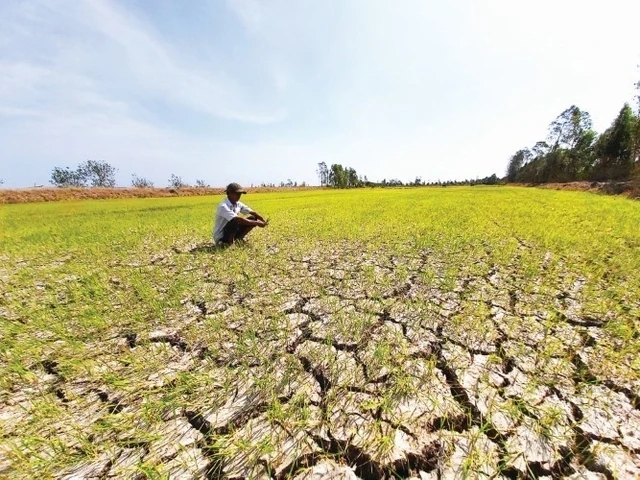
Saltwater intrusion in the Mekong Delta. Photo: Phan Thao
Direct local authorities to identify areas at risk of domestic water shortages to proactively organize and implement solutions to ensure domestic water supply for the people, not to let people lack domestic water. If necessary, mobilize forces and means of transporting water to supply the people.
Actively dredge canals and reservoirs that have been silted up to restore and increase water storage capacity, combined with the recovery of construction materials according to the provisions of law; review and evaluate the water intake capacity of irrigation works, especially along rivers where water levels are falling and saline intrusion is increasing, to proactively deploy appropriate adaptation solutions.
Allocate local budgets to implement solutions to prevent and combat drought and saltwater intrusion; prioritize funding to accelerate investment in construction, repair, and upgrading of works serving water supply and water source control, especially centralized domestic water supply works, riverside water intake works, and freshwater reservoirs.
Implement appropriate and effective response measures
The Prime Minister directed the Minister of Agriculture and Rural Development to proactively and promptly organize specialized monitoring and forecasting of water resources and saltwater intrusion, provide information to localities and people in affected areas; proactively direct, guide and urge localities to deploy appropriate and effective response measures to reduce damage caused by drought and saltwater intrusion.
The Minister of Agriculture and Rural Development directed and urged to speed up the progress of irrigation and rural water supply works under construction to soon put them into operation and promote their effectiveness.
Directing the effective operation of irrigation systems to coordinate water resources, best meeting the water needs of water users according to water resources capacity; modernizing, optimizing operation, effectively exploiting irrigation works, preventing water loss and waste.
The Ministry of Agriculture and Rural Development shall preside over and coordinate with relevant ministries, branches and localities to review and assess the impact of the lowering of water levels on inter-provincial rivers on the water intake capacity of irrigation works in order to find solutions to overcome and ensure the operation of irrigation works.
The Ministries of Natural Resources and Environment, Industry and Trade, Health, Construction, Finance, Planning and Investment coordinate with relevant ministries, branches and localities to direct the implementation of solutions to respond to the risk of domestic water shortage according to assigned fields.
Source


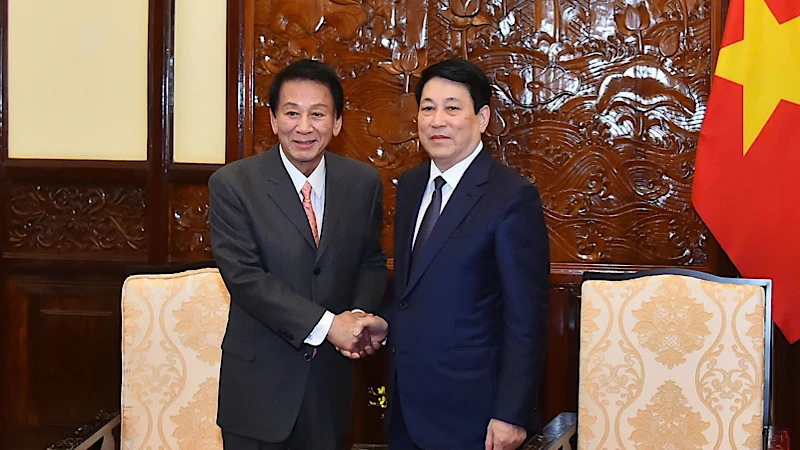
![[Photo] President Luong Cuong receives former Vietnam-Japan Special Ambassador Sugi Ryotaro](https://vstatic.vietnam.vn/vietnam/resource/IMAGE/2025/3/20/db2d8cac29b64f5d8d2d0931c1e65ee9)

![[Photo] Prime Minister receives a number of businesses investing in Ba Ria-Vung Tau province](https://vstatic.vietnam.vn/vietnam/resource/IMAGE/2025/3/20/8e3ffa0322b24c07950a173380f0d1ba)




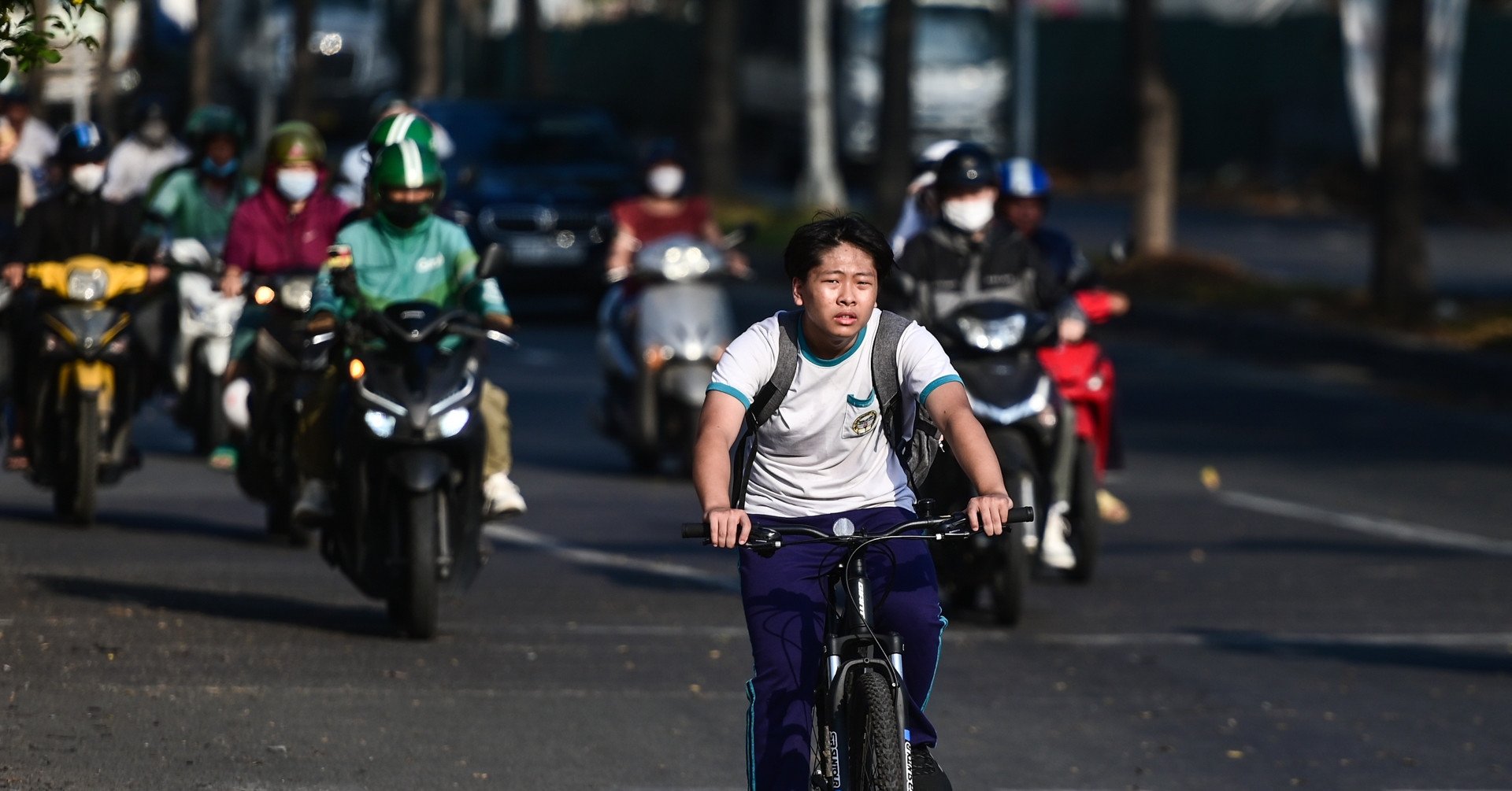
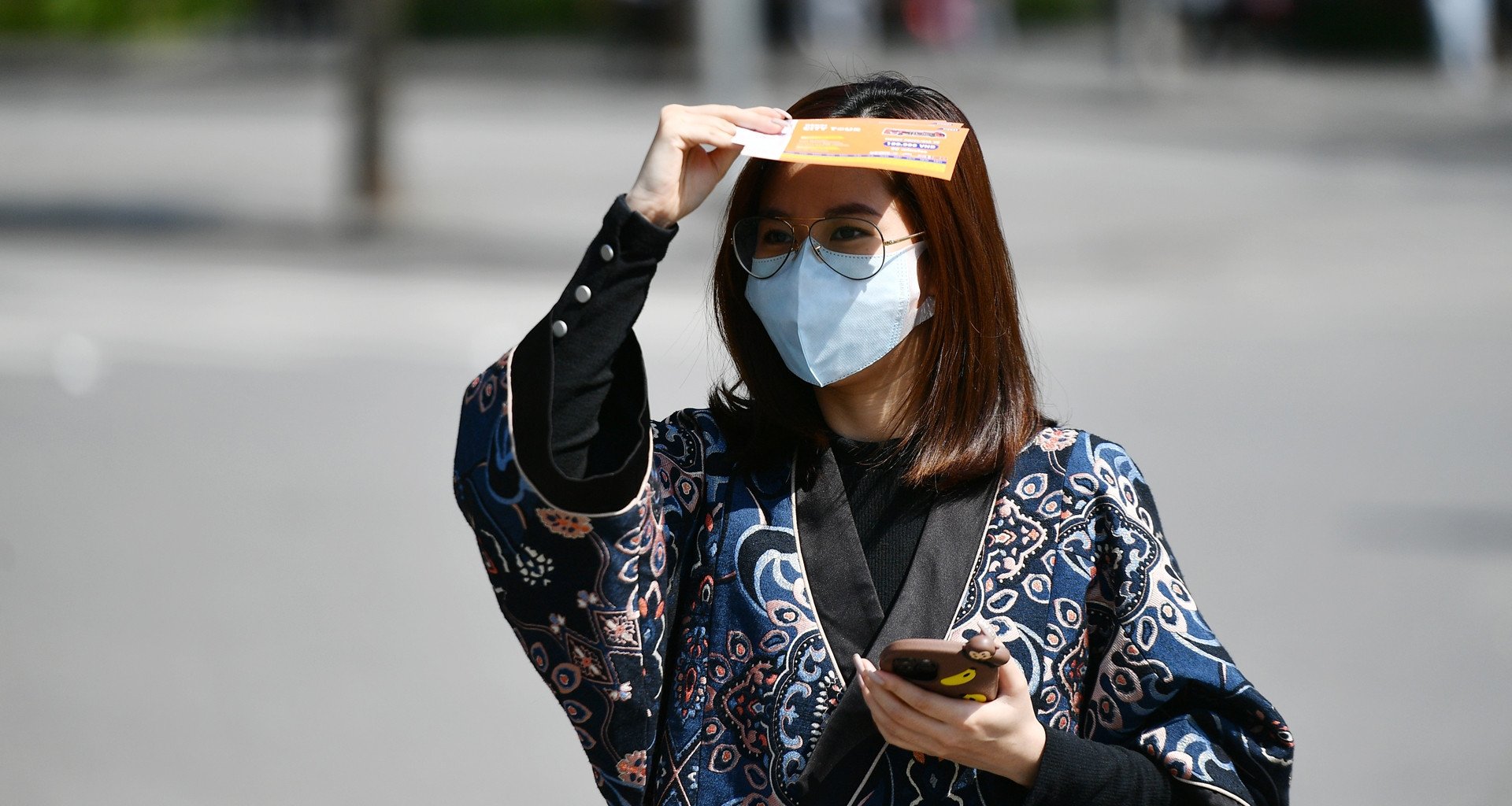
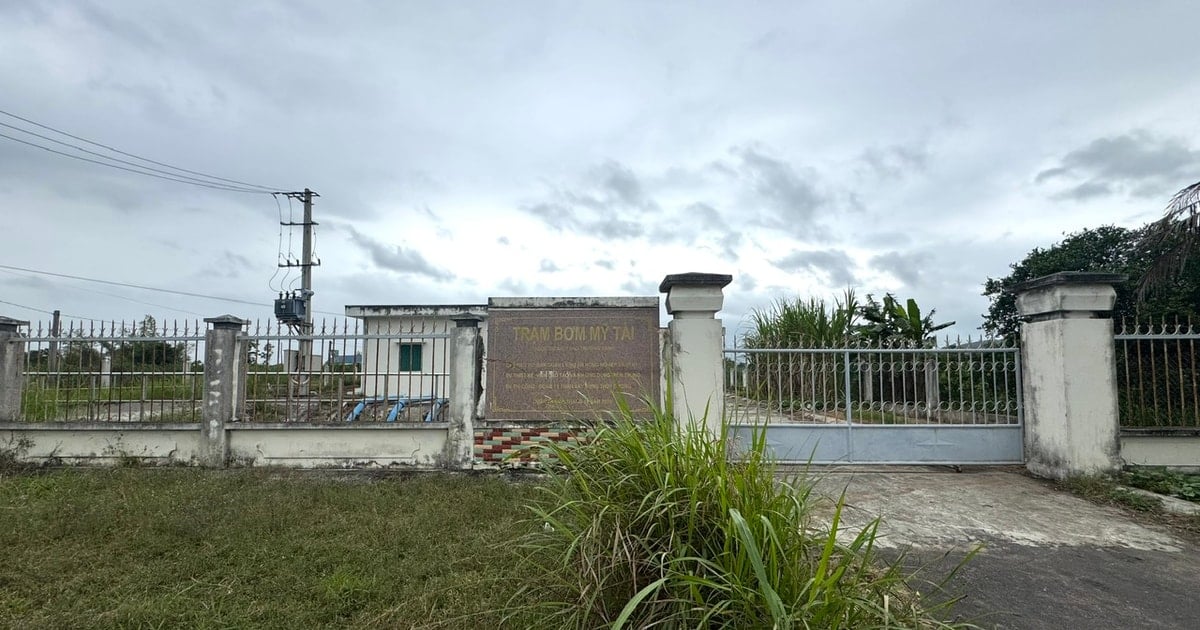

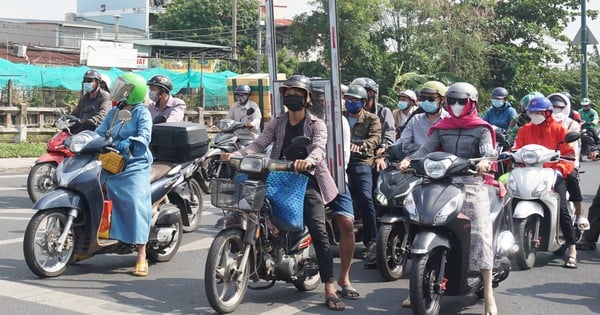

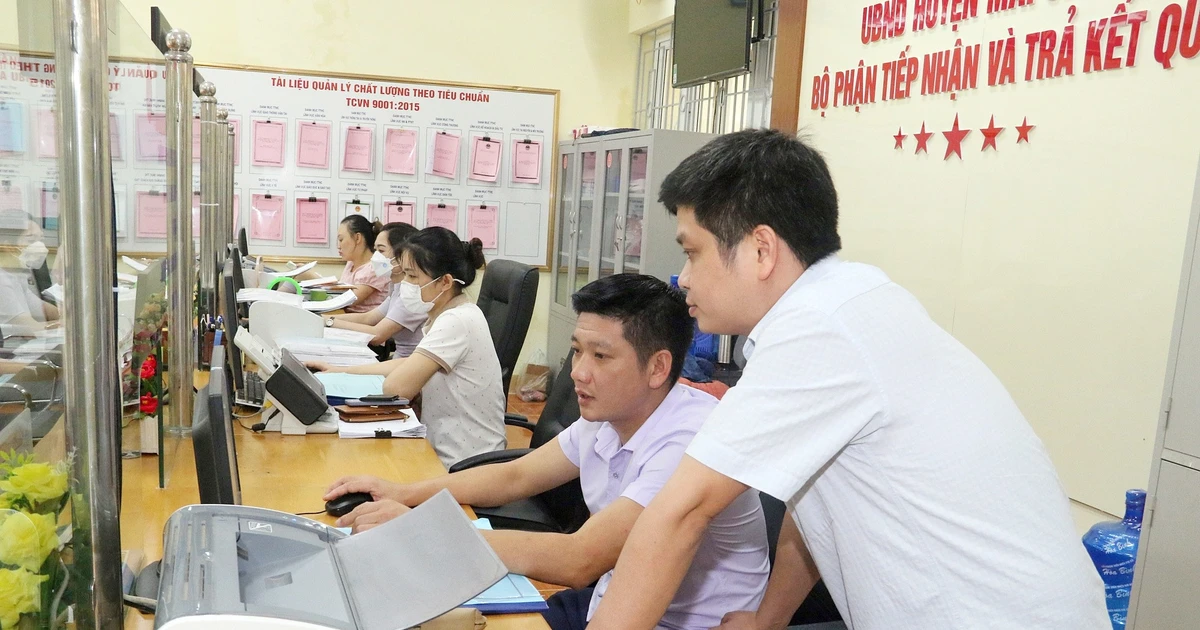
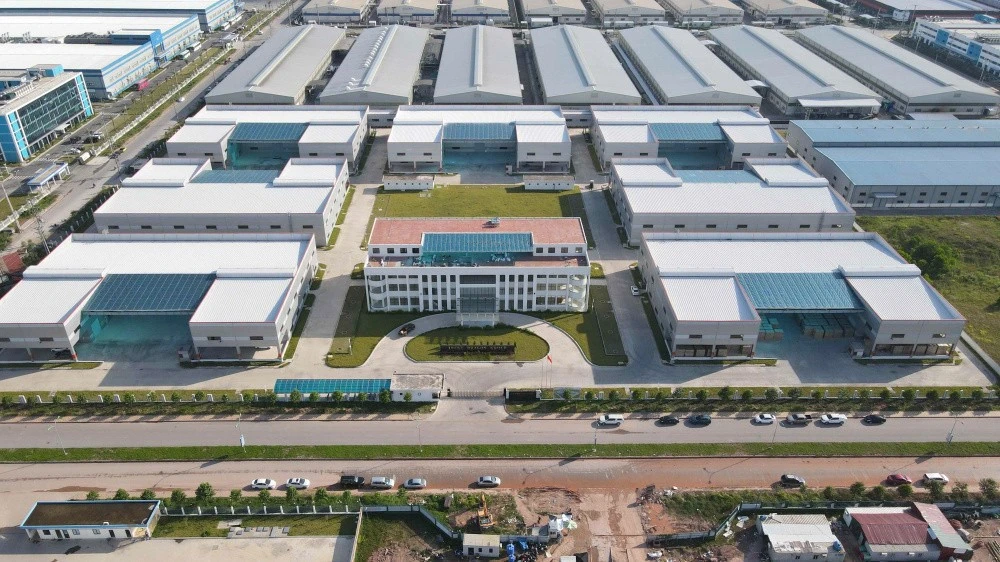
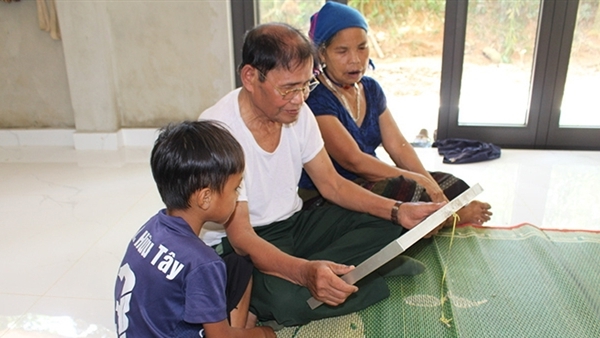



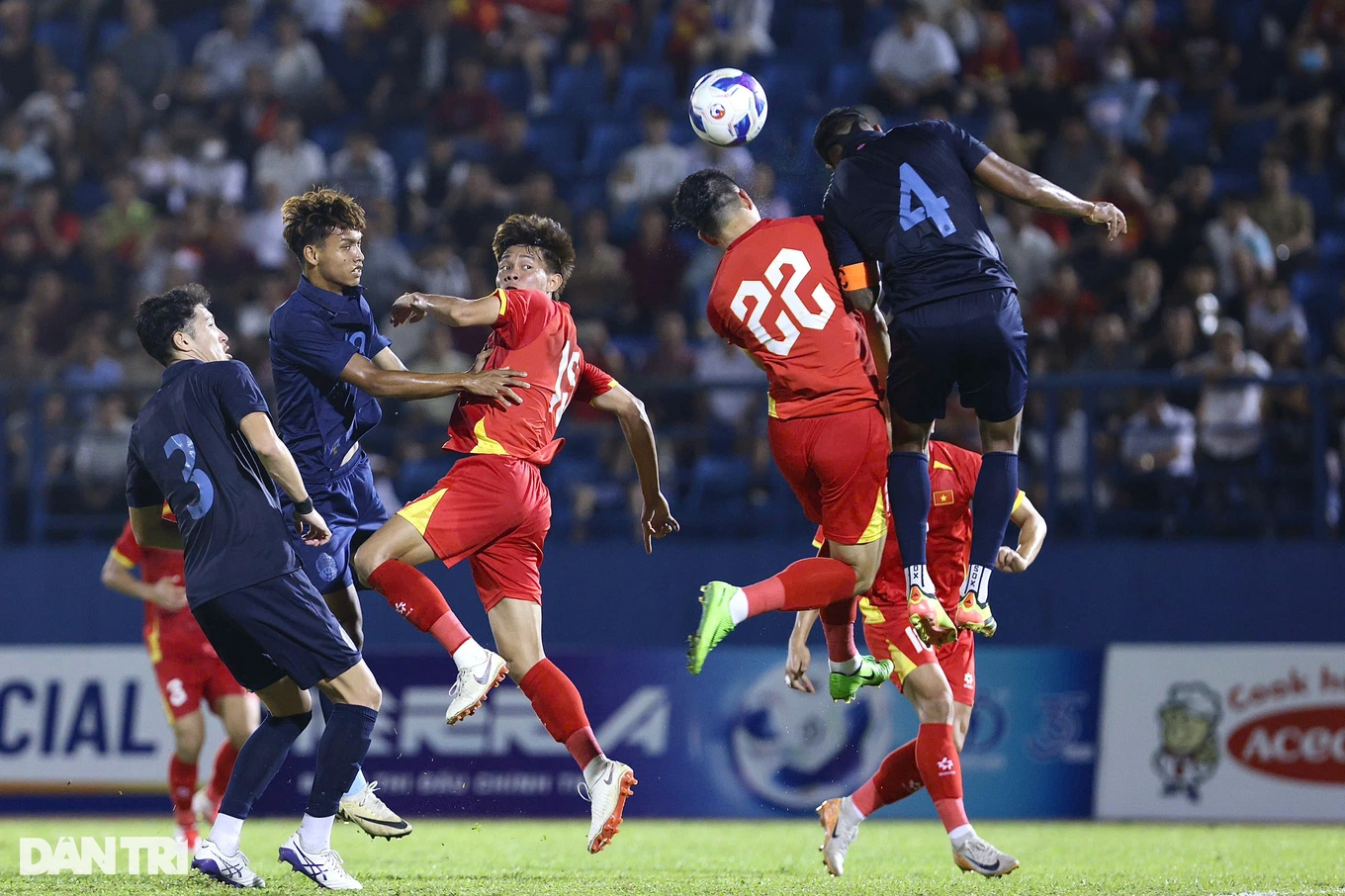


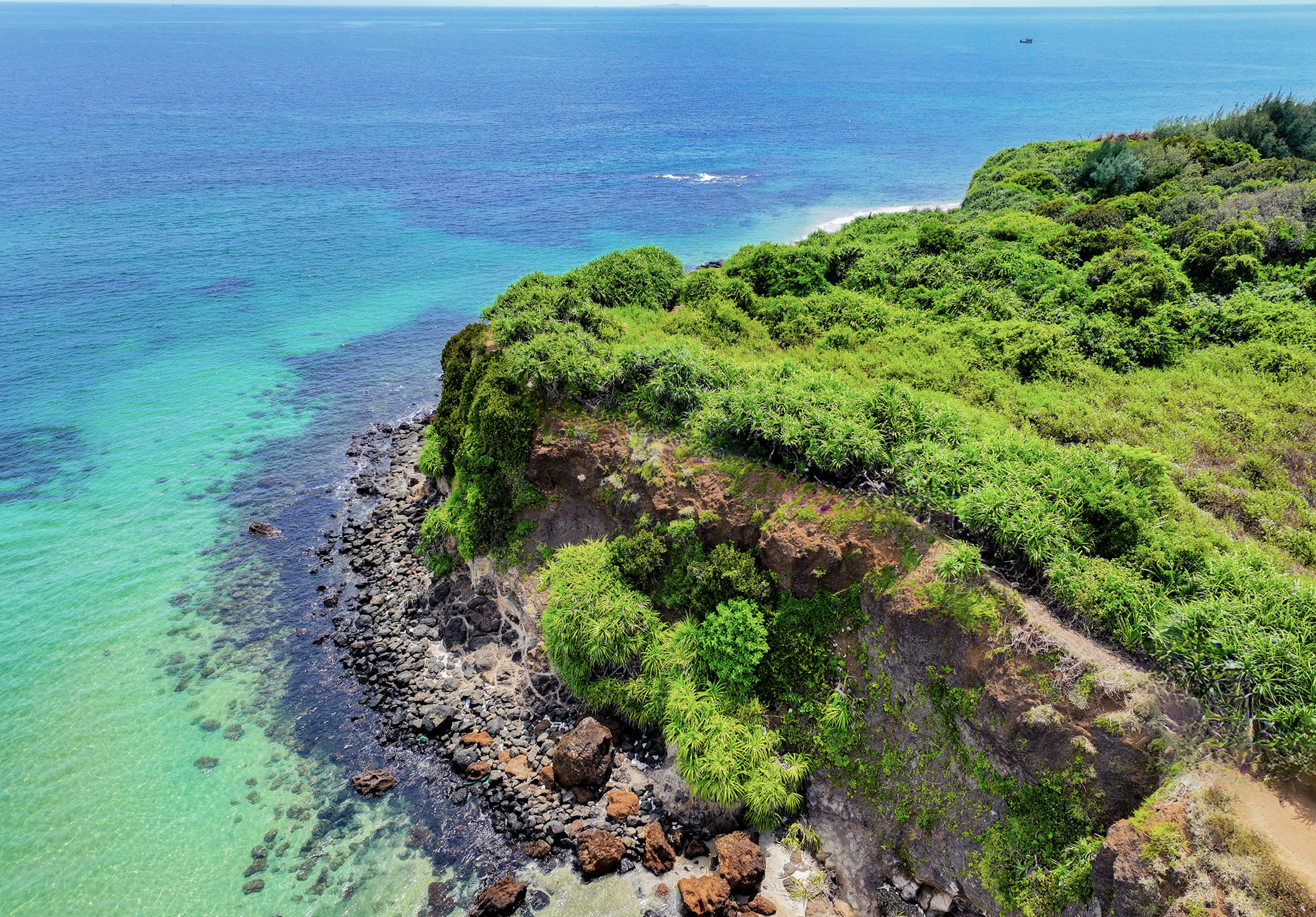
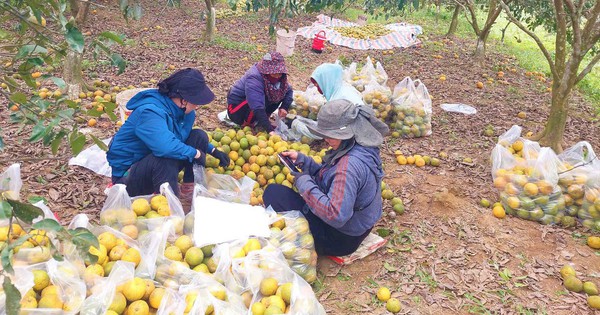
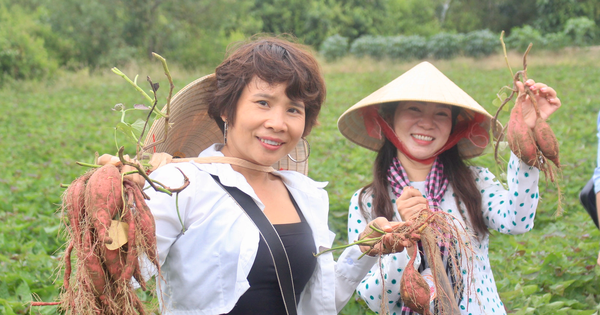
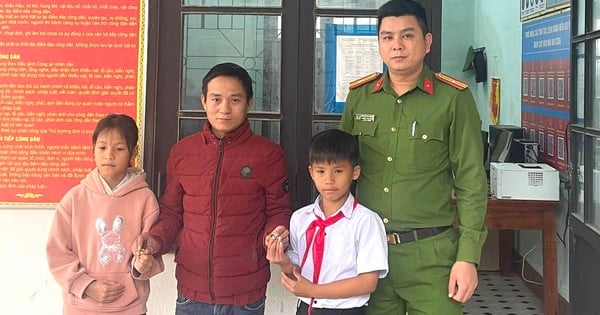

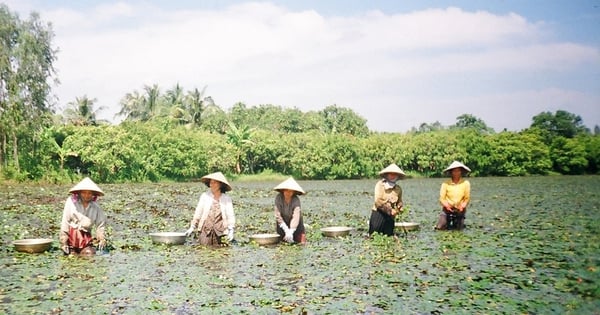
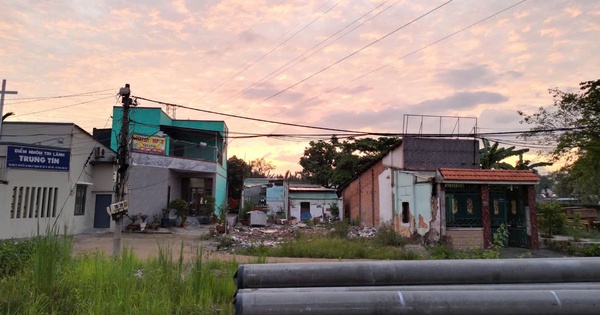




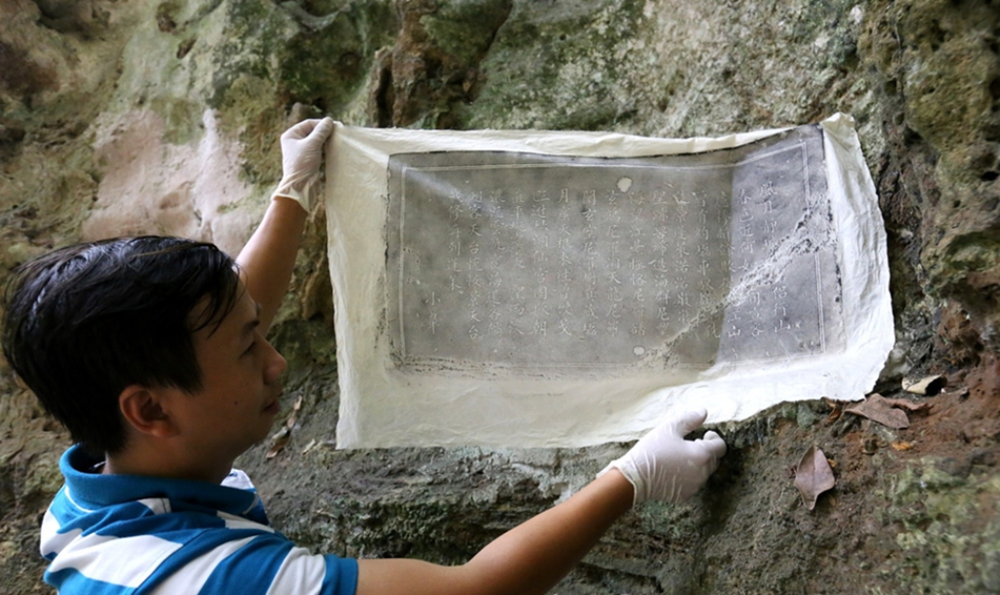




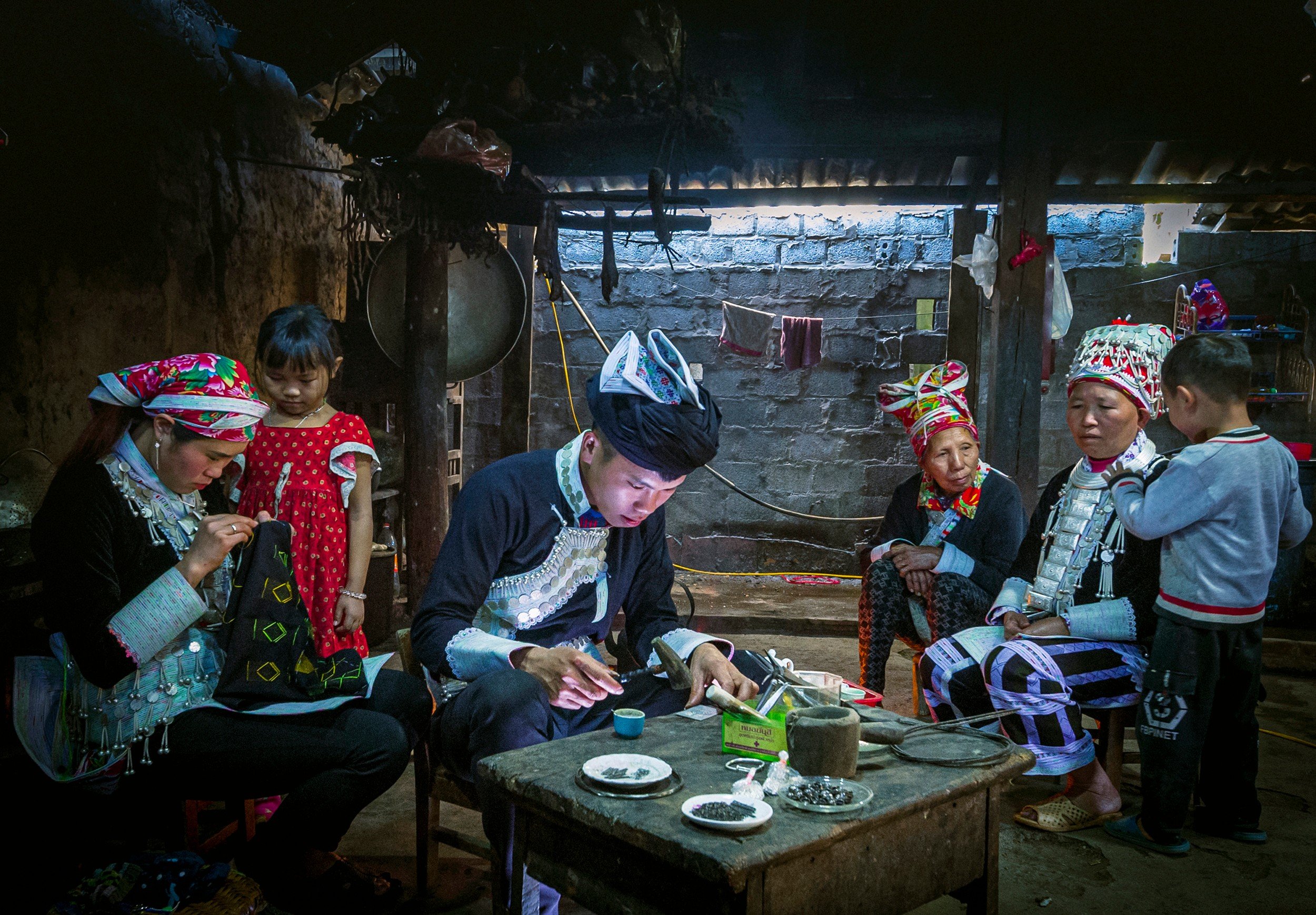







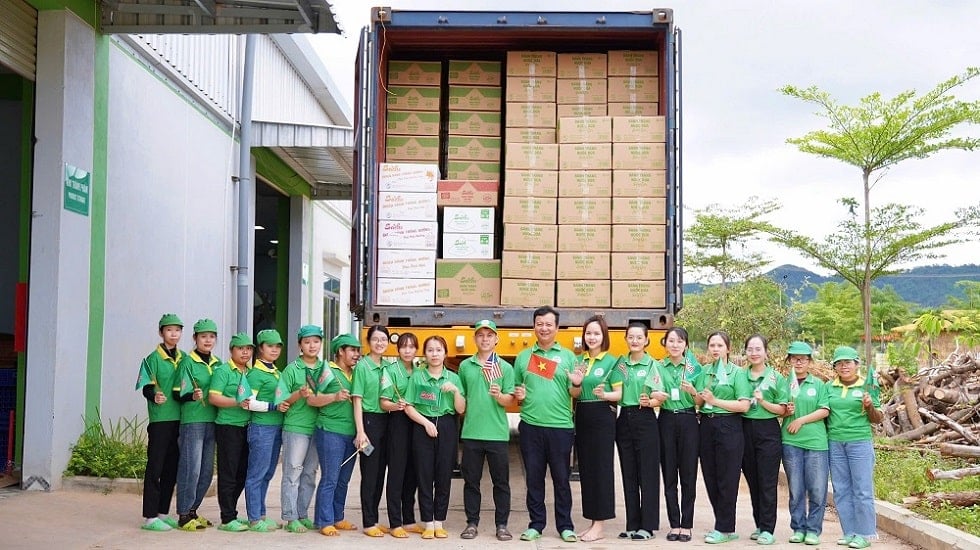

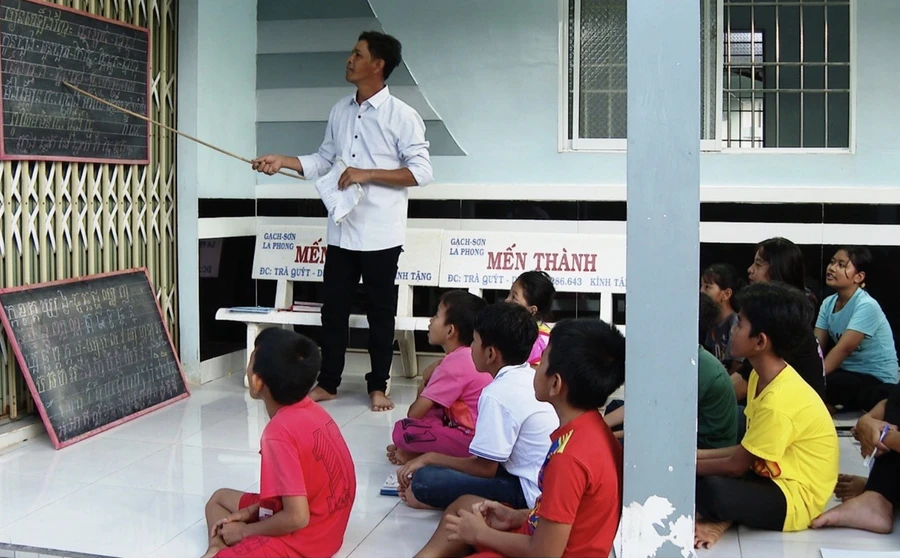



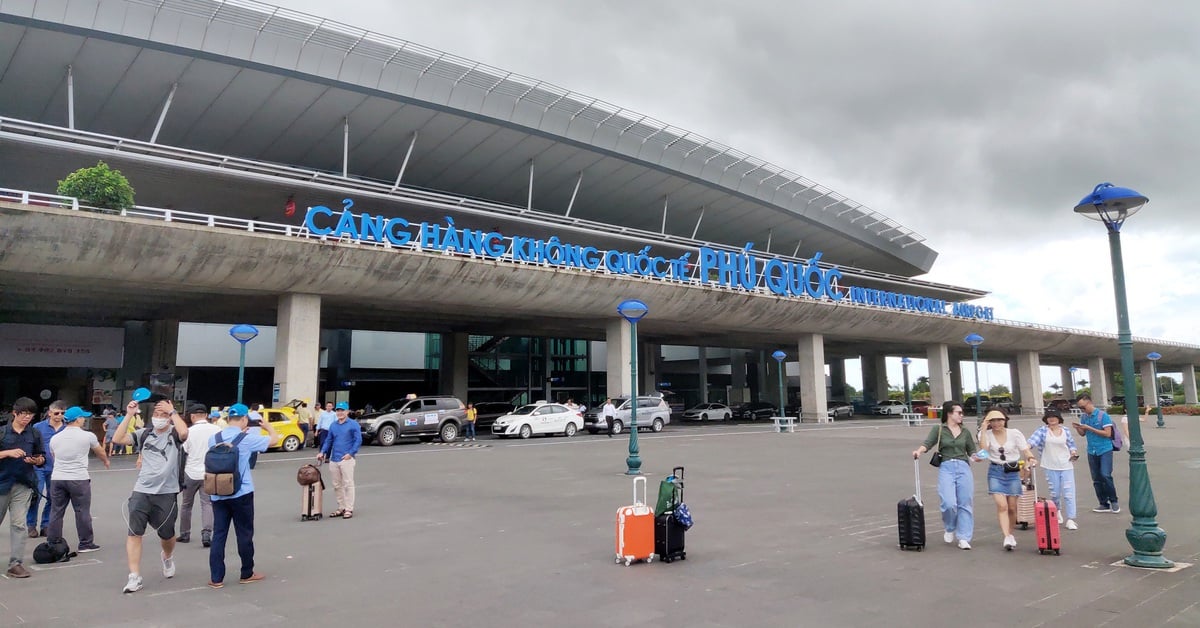






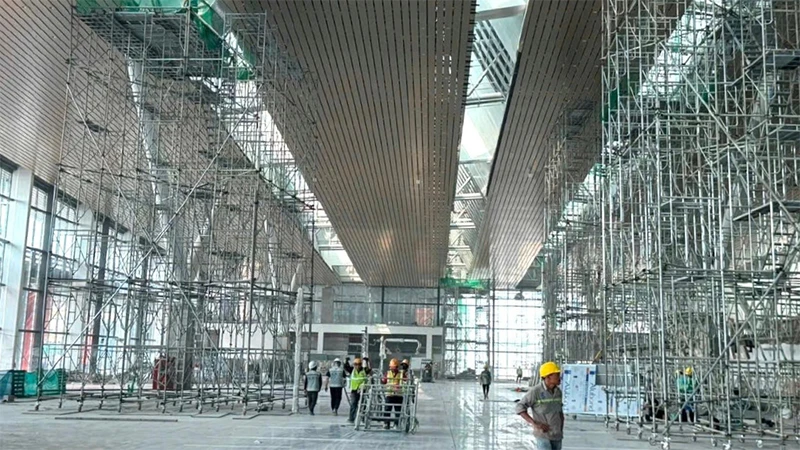


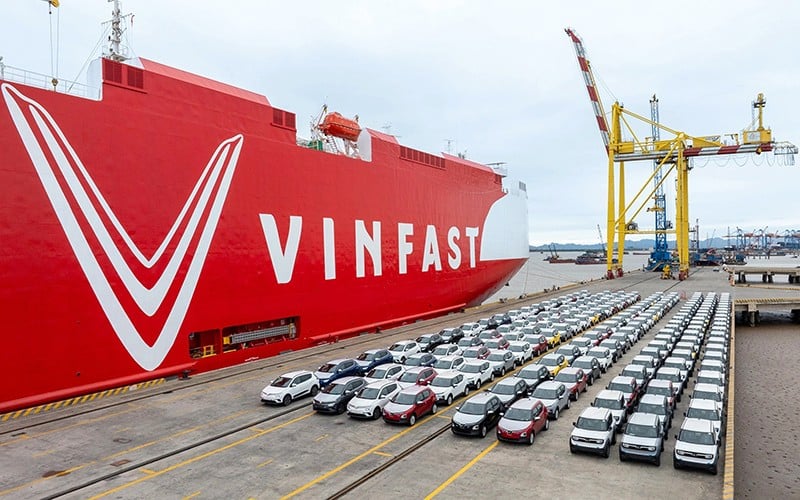





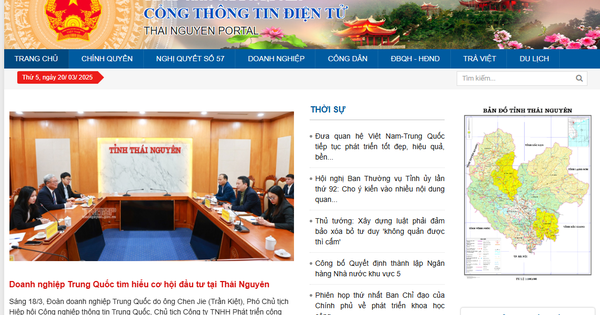

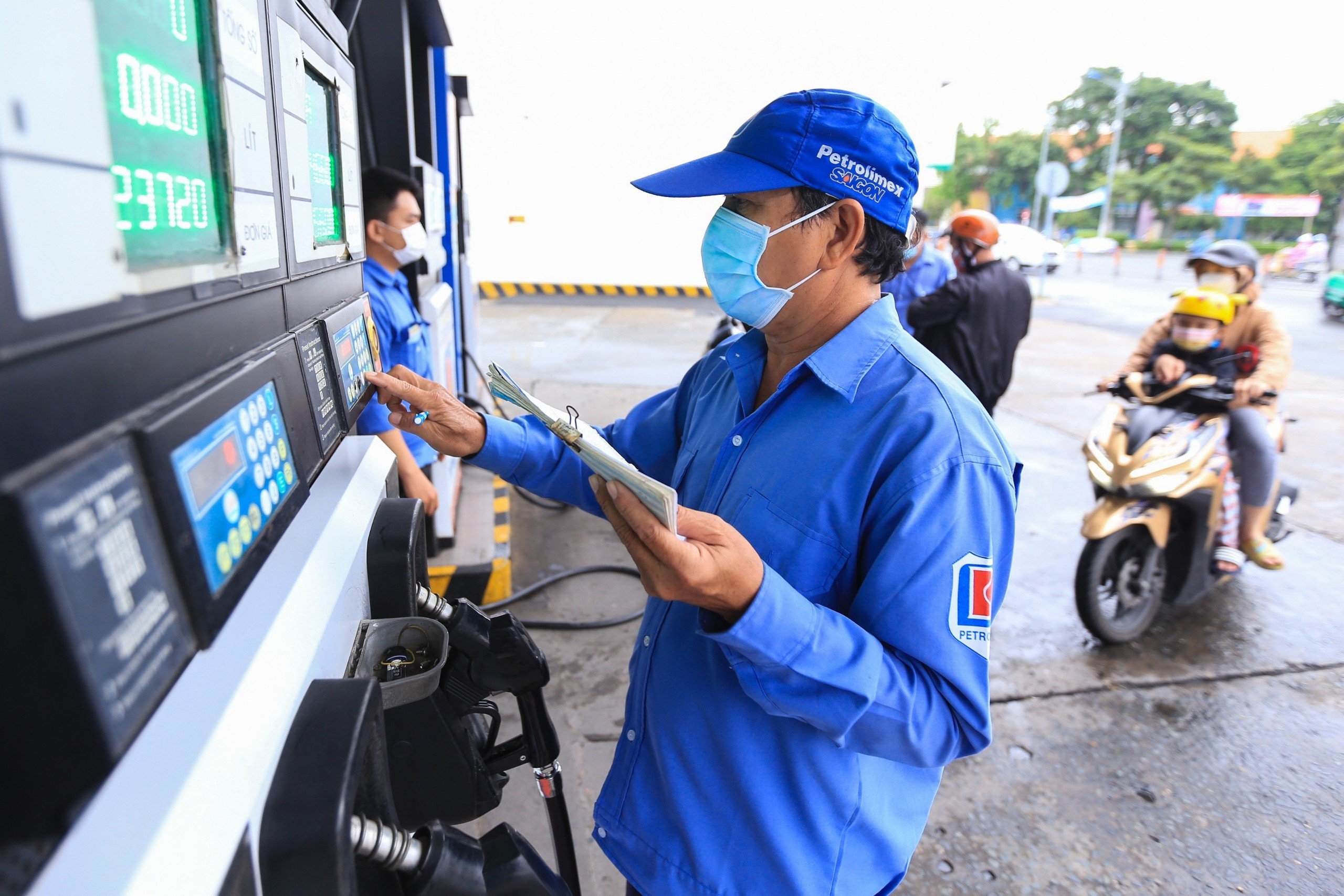

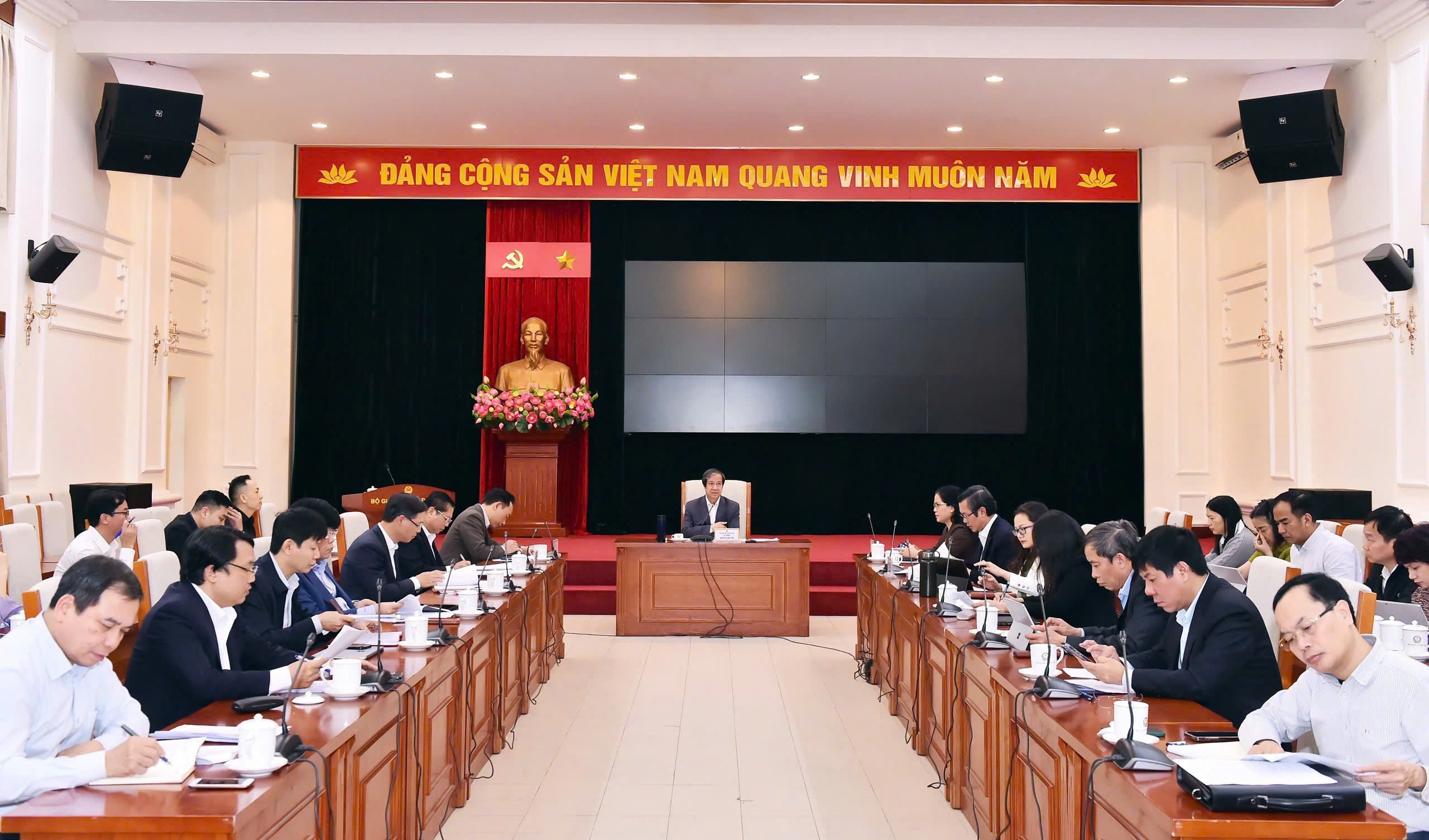

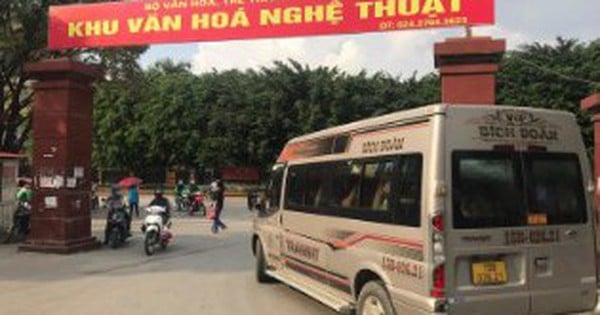

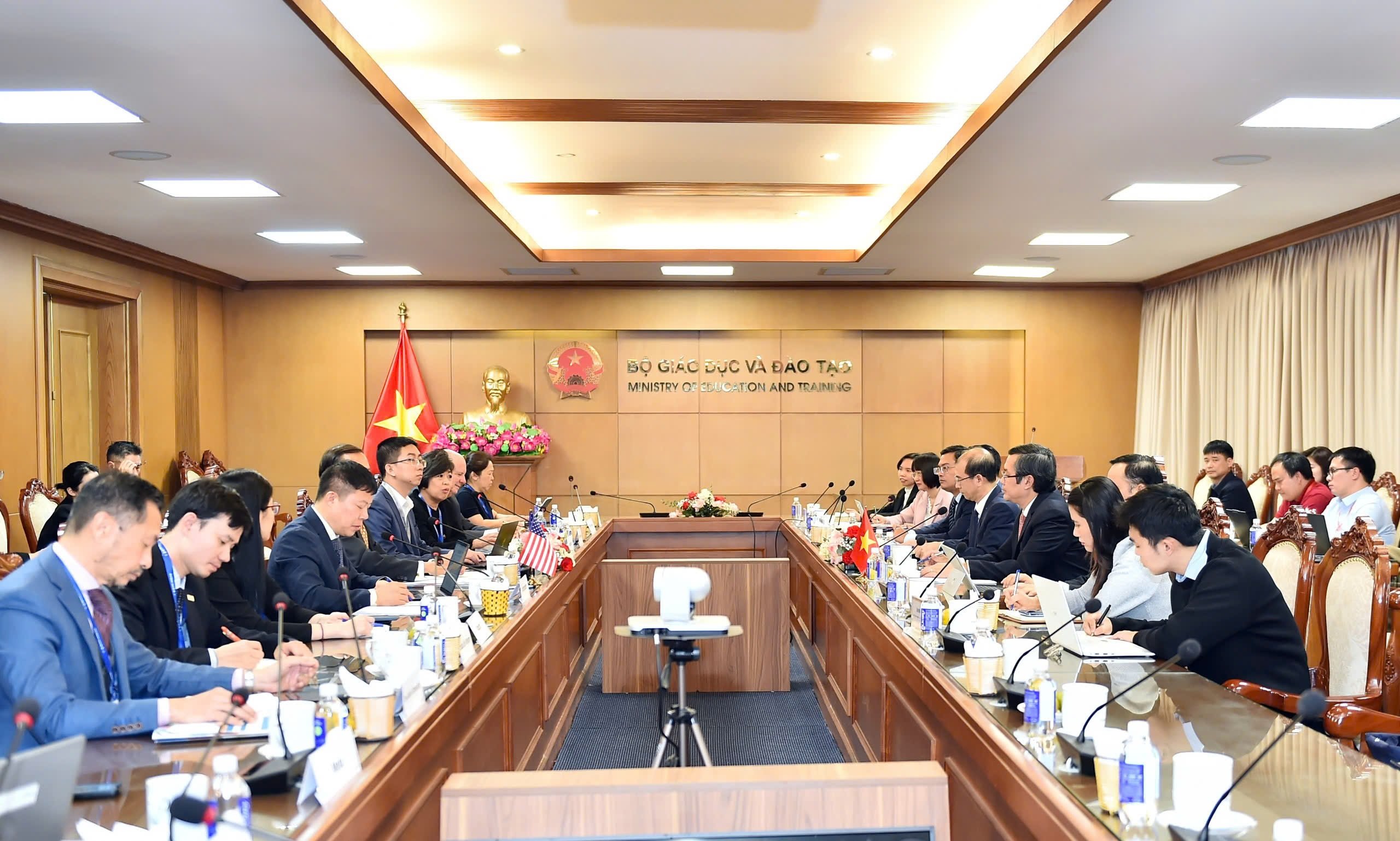
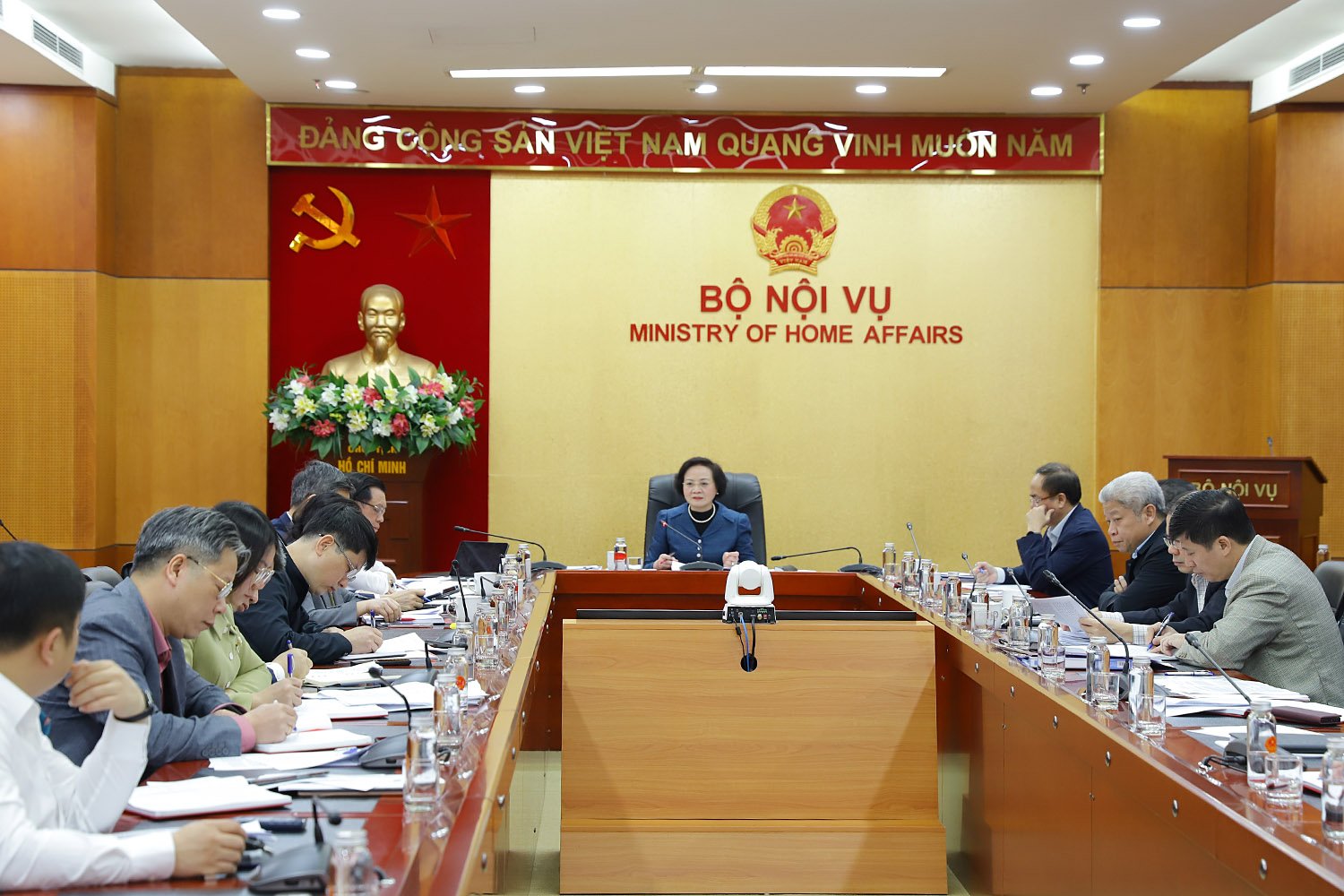

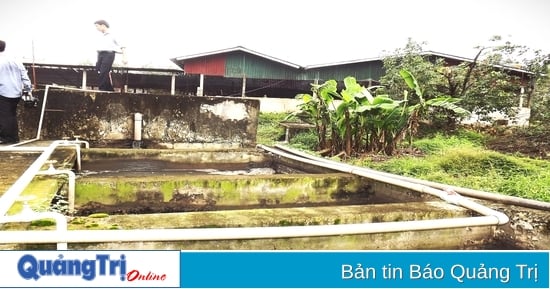
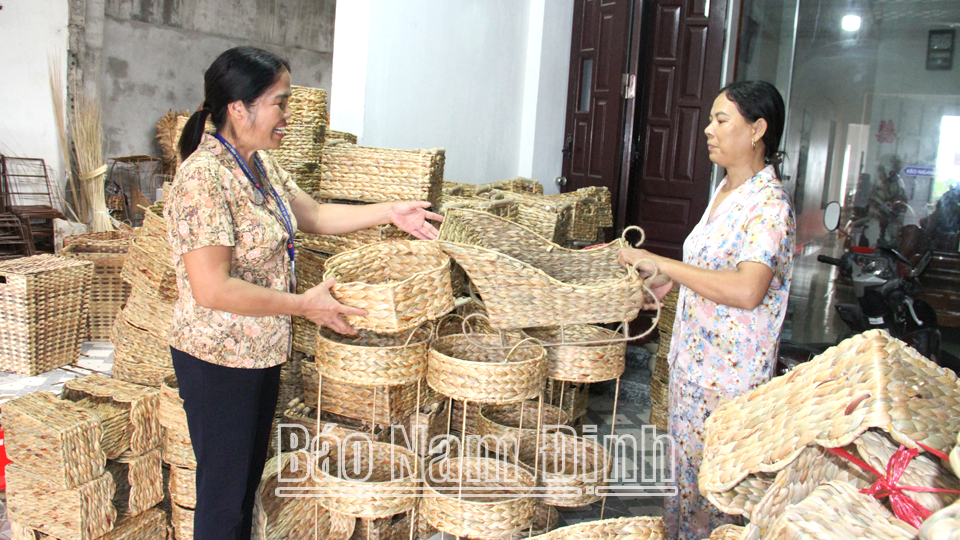
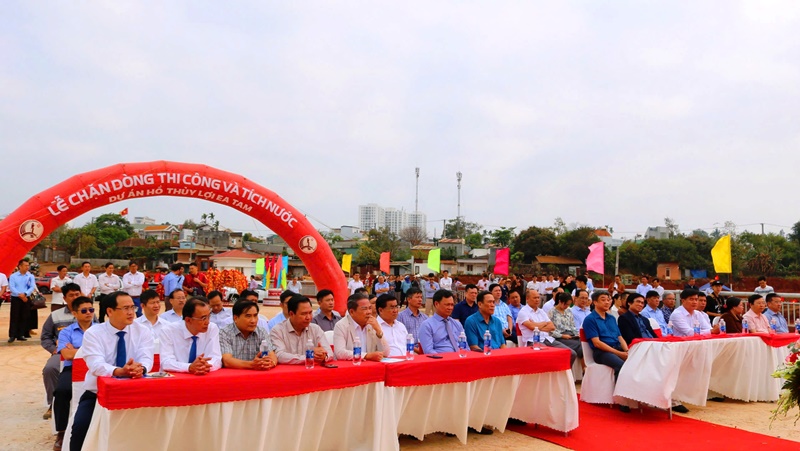
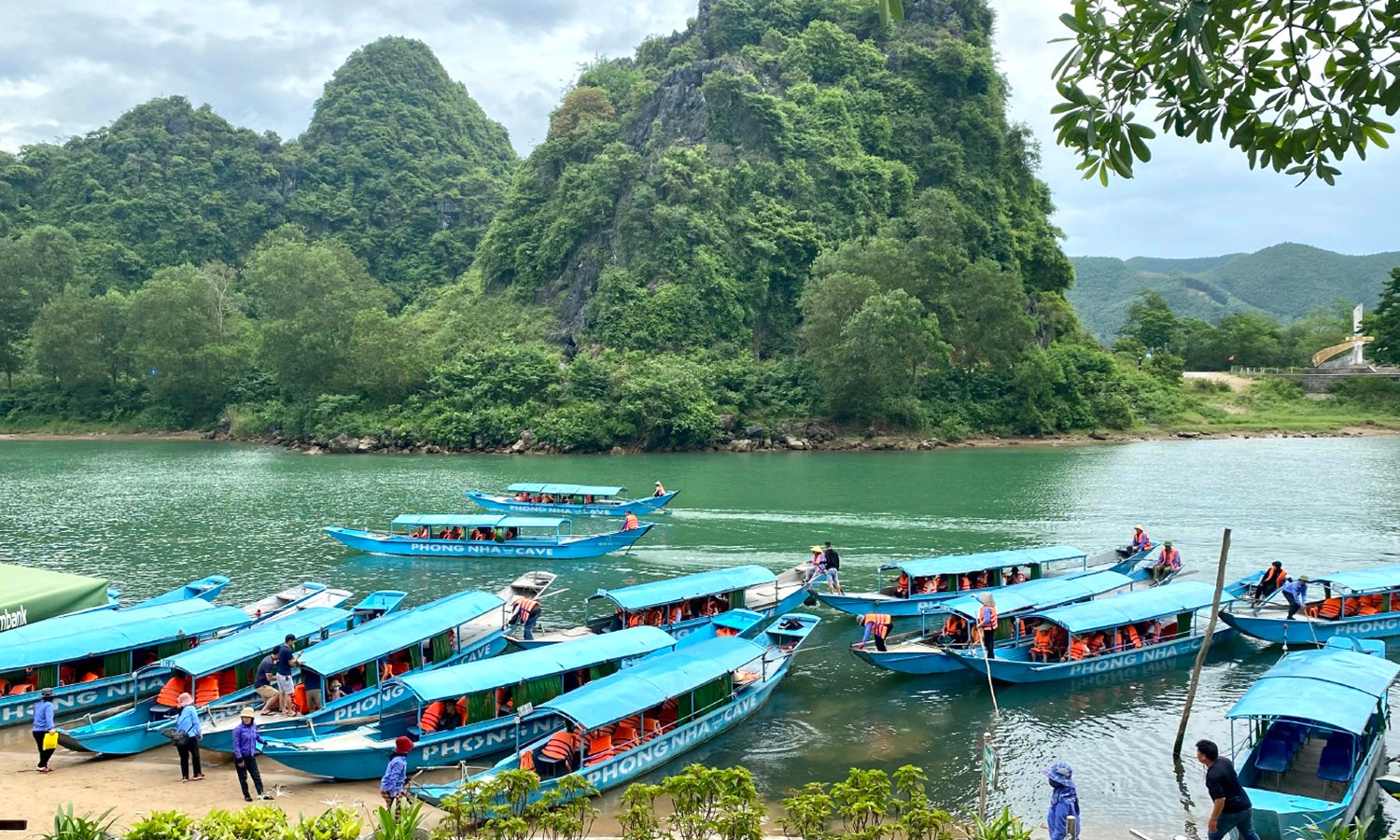

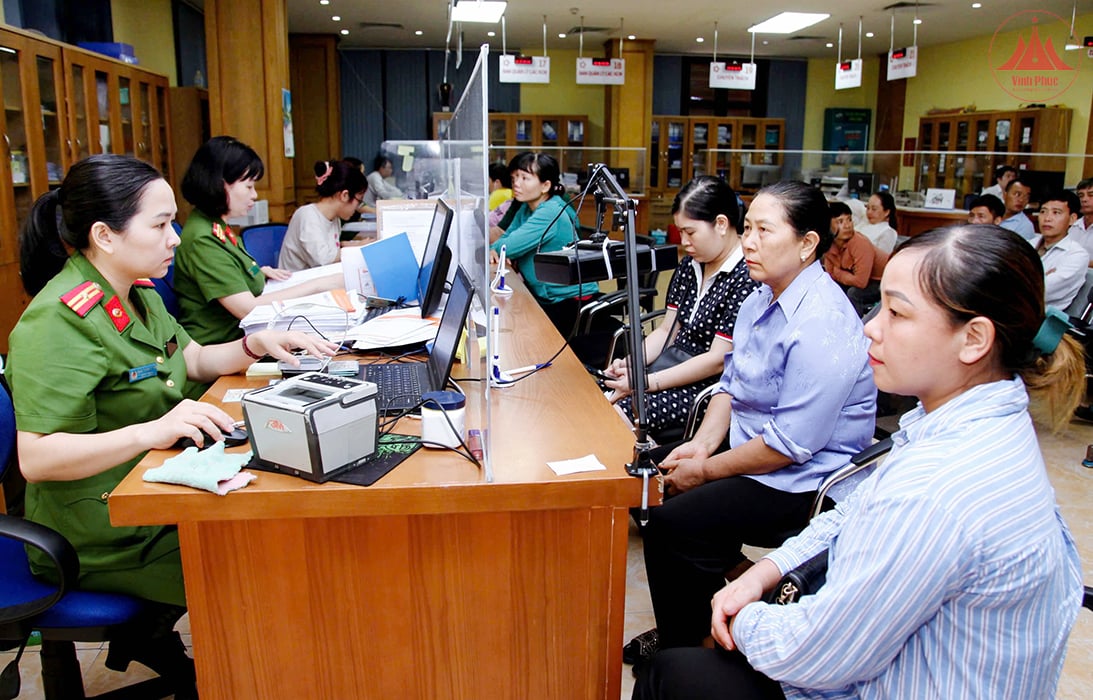
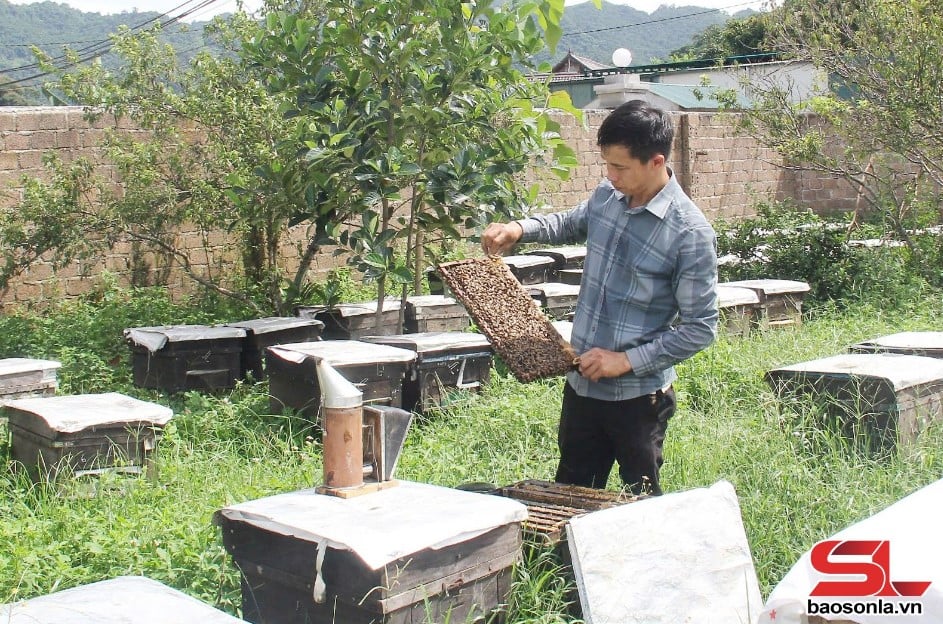


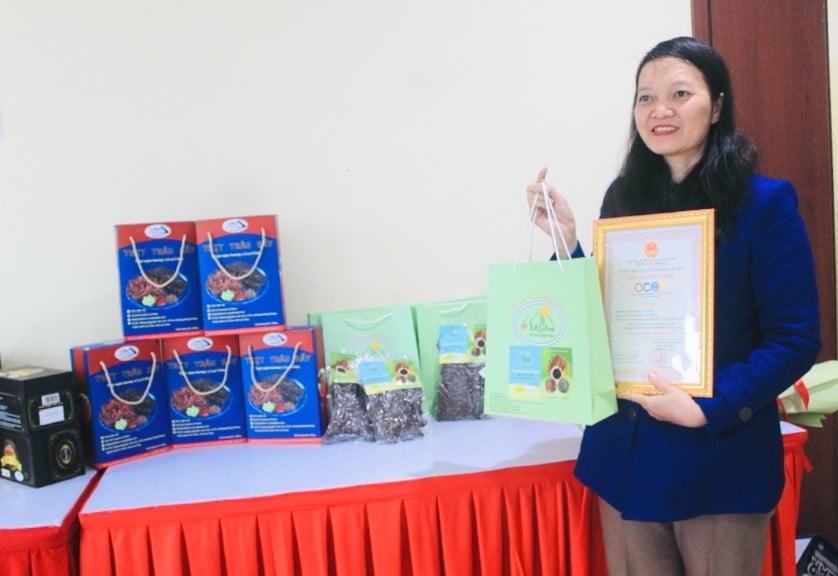

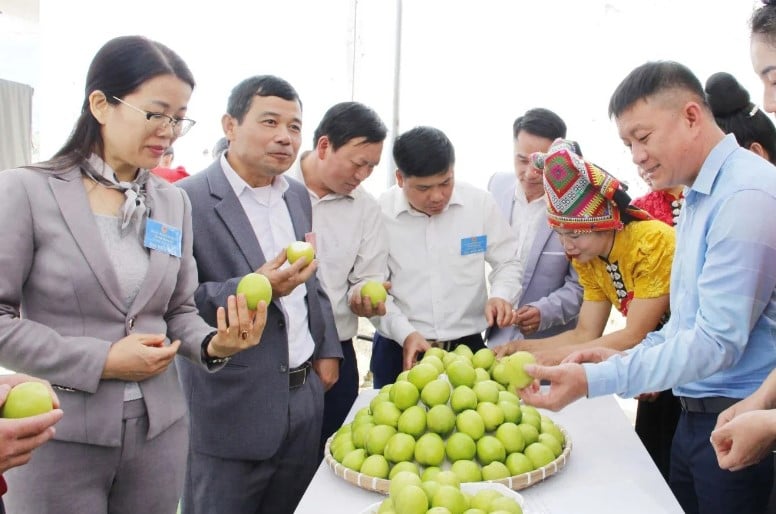
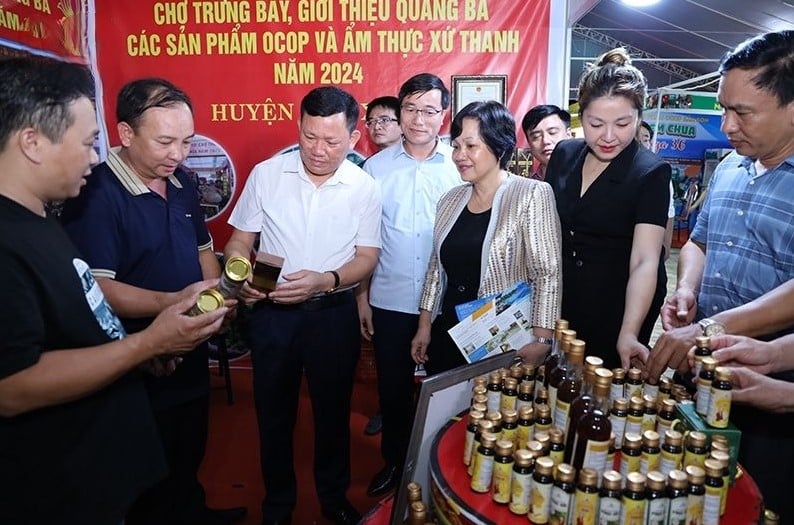

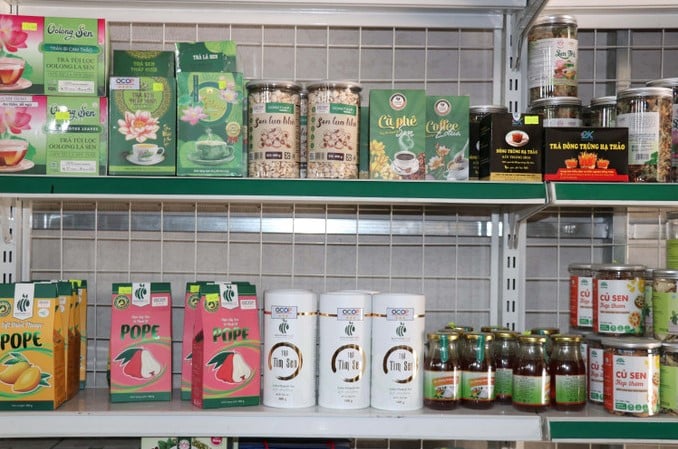
Comment (0)